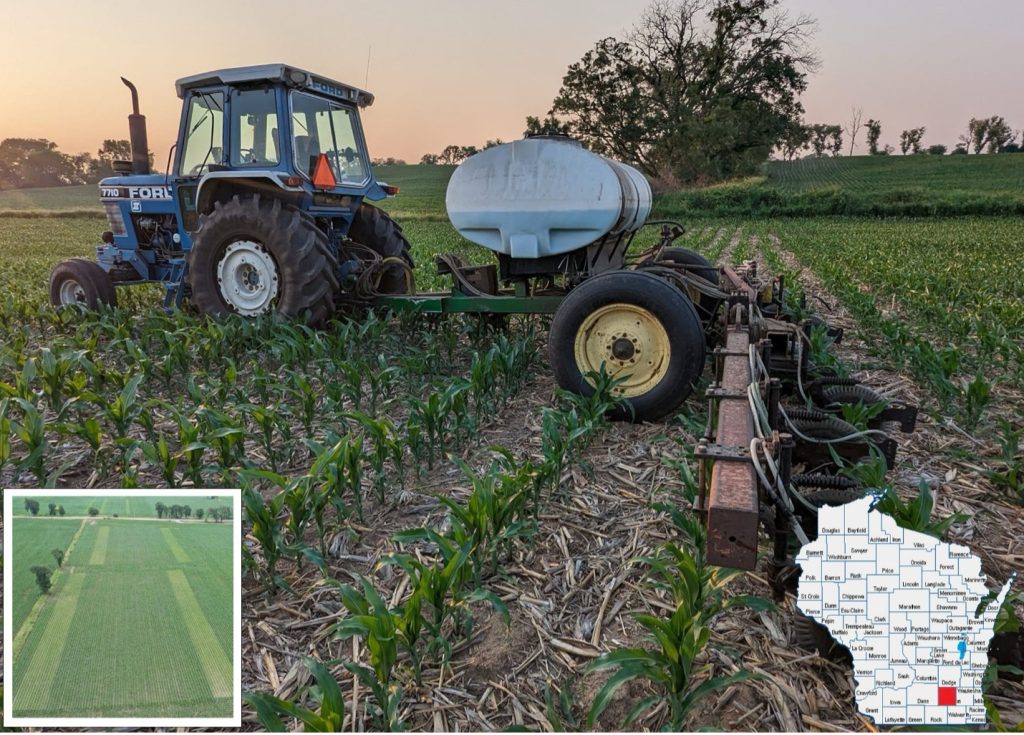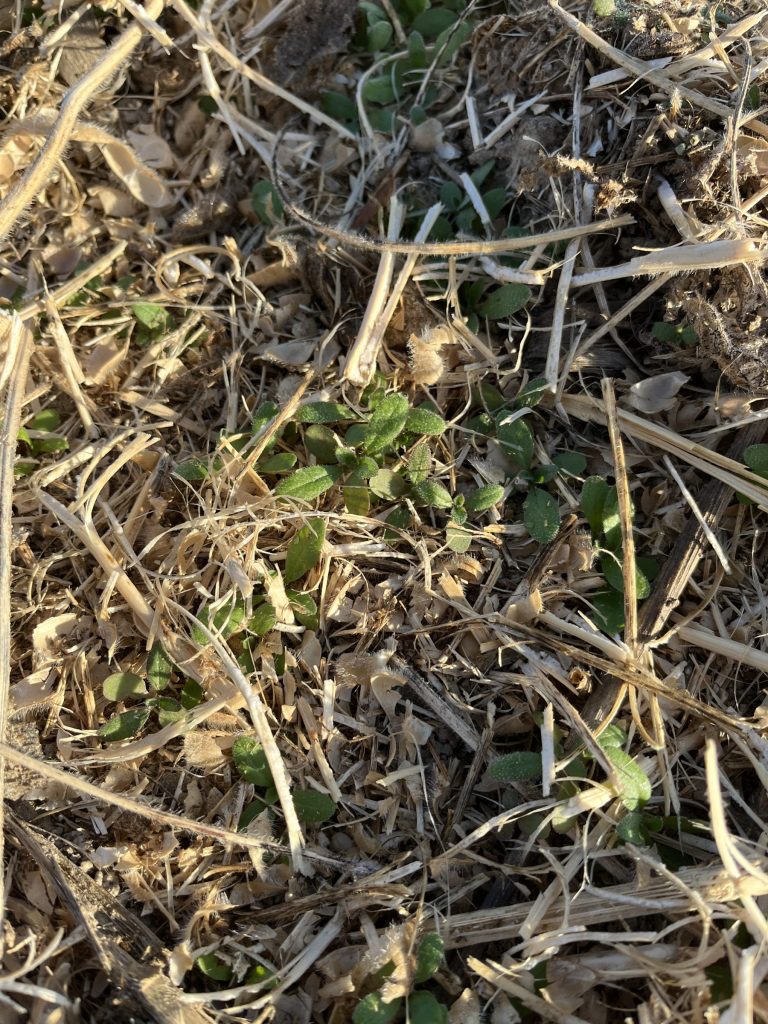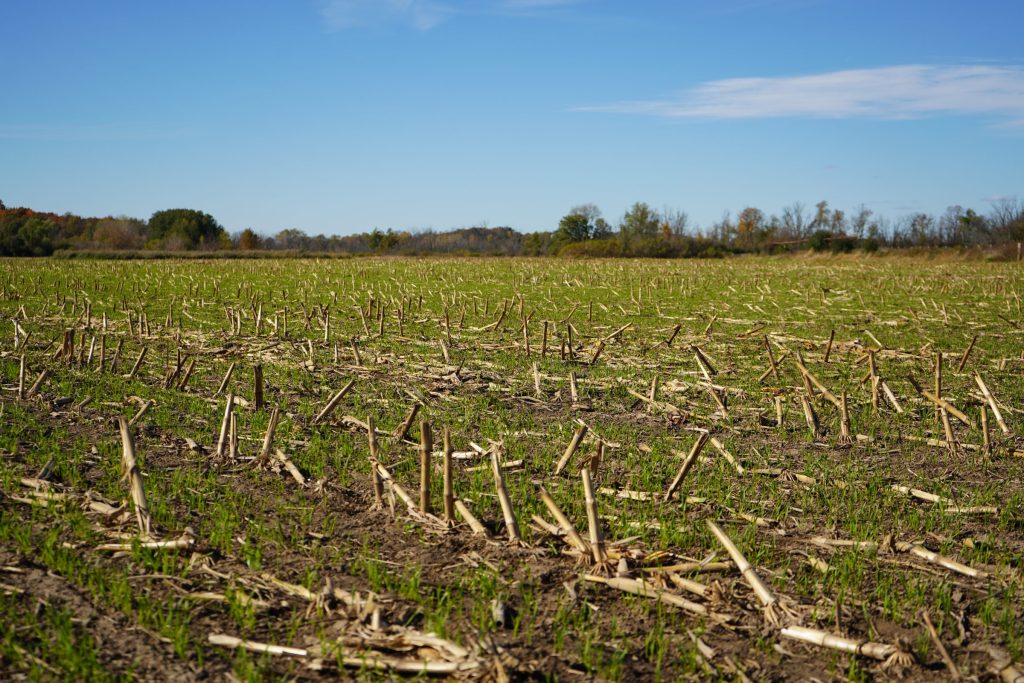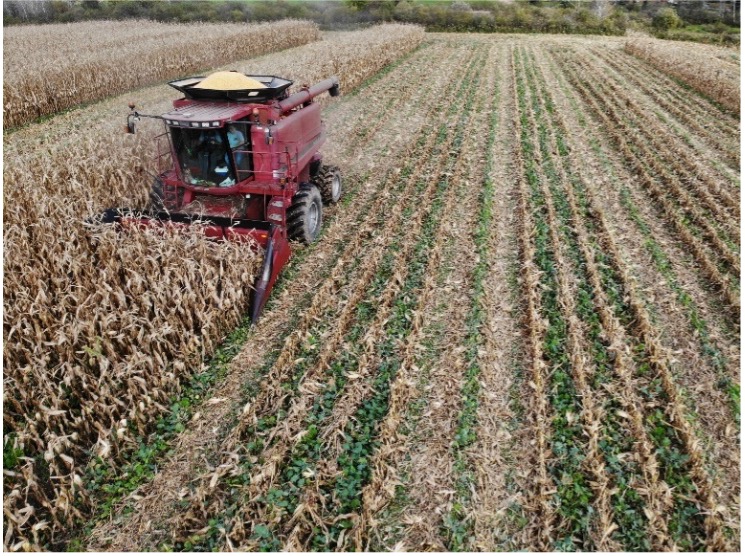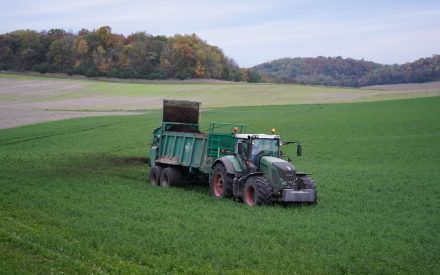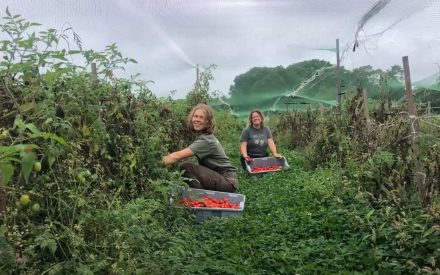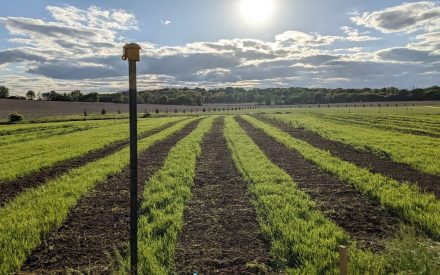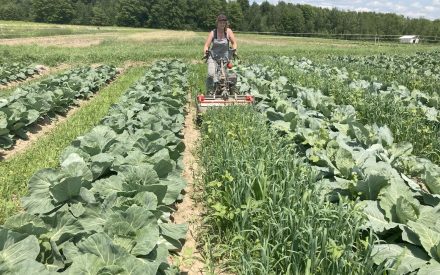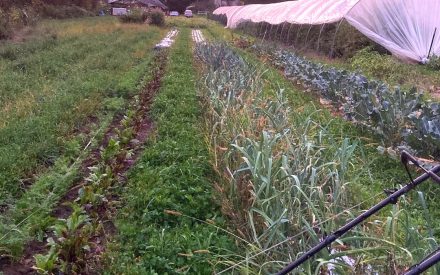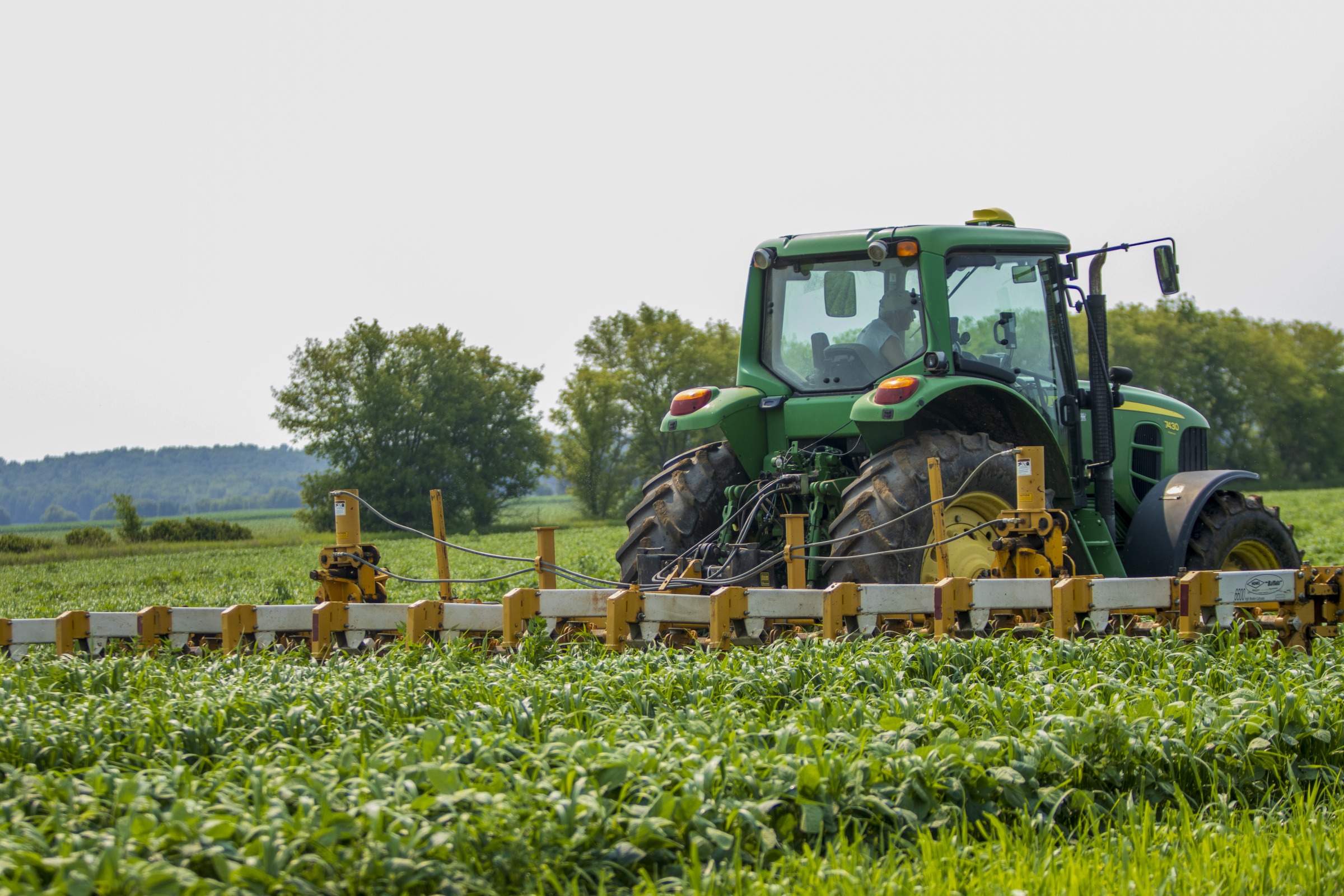
Groundbreaking Research,
Grounded Solutions
Providing Wisconsin farmers research-backed resources, educational events, and decision-making tools to optimize crop yield and keep fields, marshes, and orchards thriving.
Latest News
Stay up to date with the latest crop and soil research, news, and events
Looking for more?
Let’s Get Connected!
Have a question? Get in touch!
Our team of crops educators and researchers will be in touch!
Topics
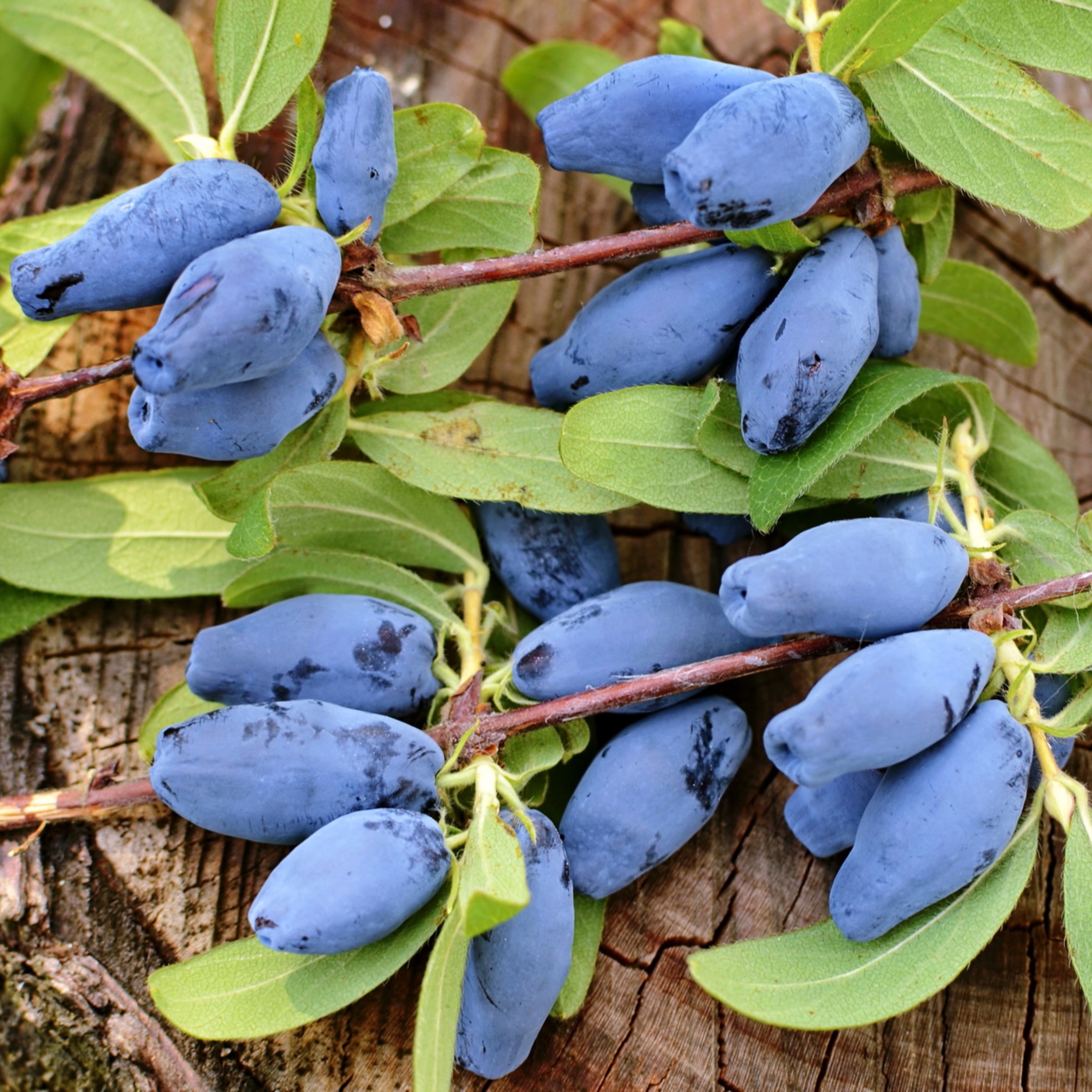
Emerging Berry Crops Lunch and Learn Webinar Series
Online via Zoom
Jan. 8: Honeyberries
Feb. 5: Day Neutral Strawberries
March 5: Elderberries and Currants
April 2: Farmer Panel
Featured Programs
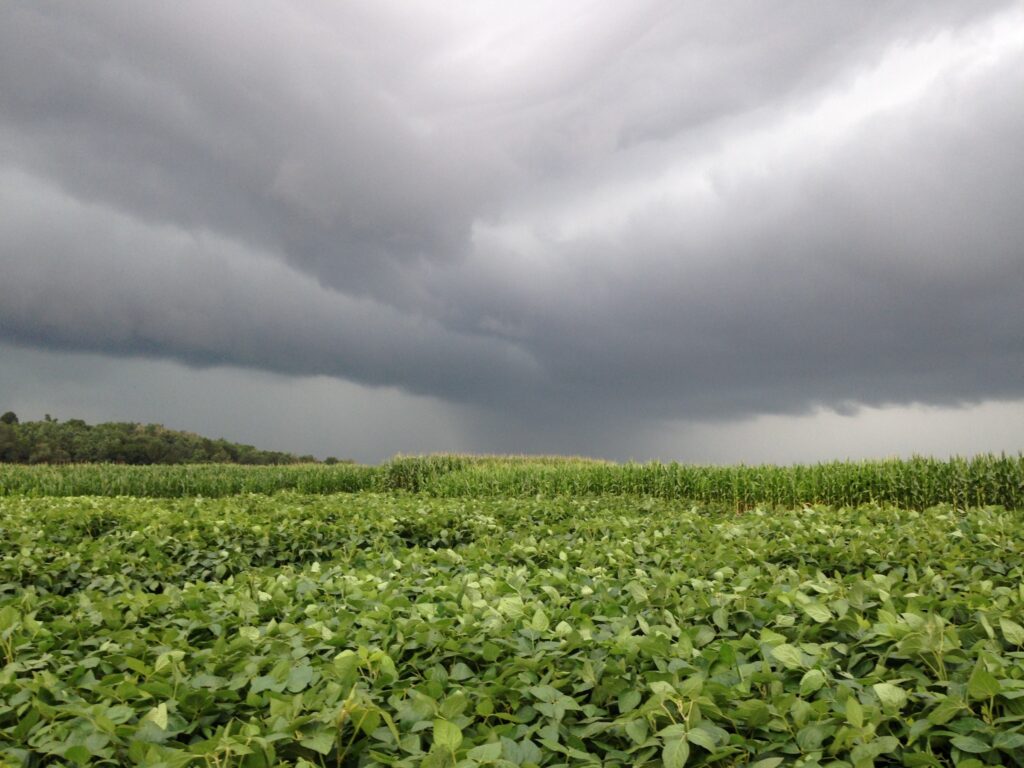
Wisconsin Ag Weather Outlook
A weekly report to provide ag advisors, conservation staff, and farmers with relevant up-to-date Wisconsin weather information and links to impacts on Wisconsin agriculture.
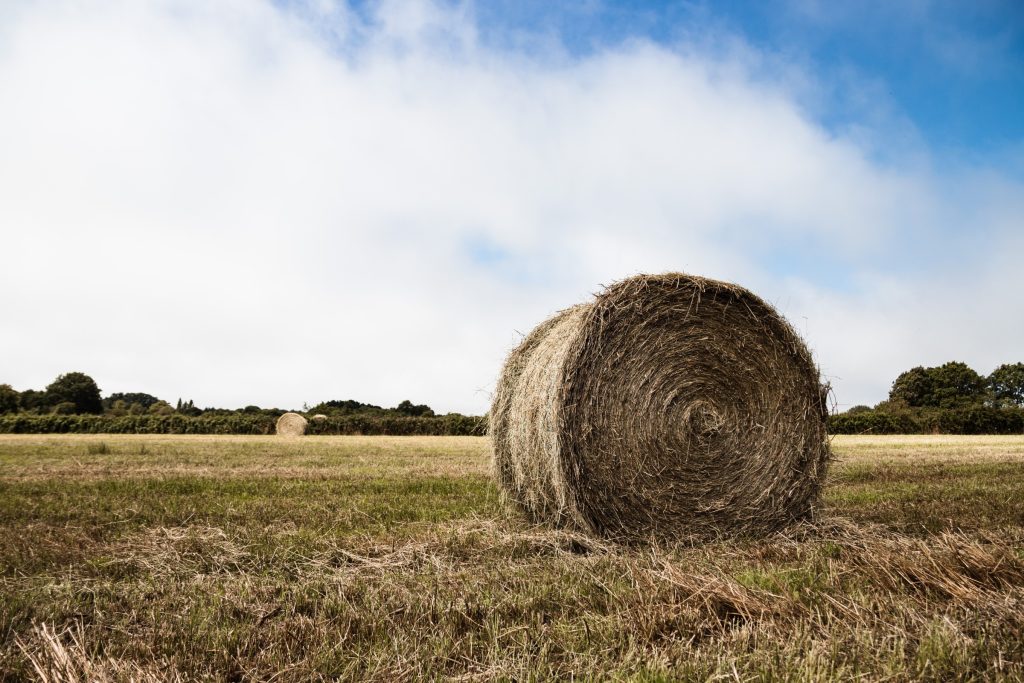
Hay Market Reports
Extension collects sale price data from hay auctions across the Upper Midwest. We then summarize it in one, bi-weekly report to help farmers inform their hay pricing with data.
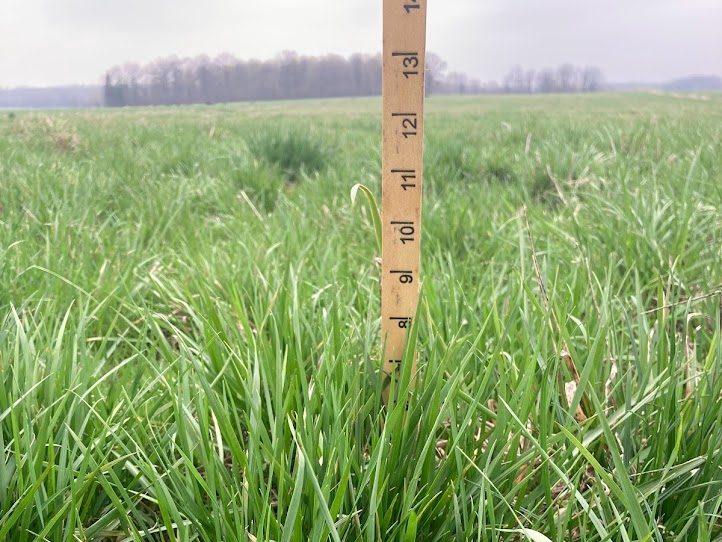
Focus on Forage
Focus on Forage is a free, four-part spring webinar series highlighting research-based information and farmer strategies to optimize forage yield, quality, and profitability in Wisconsin.

Bumper Crops
In the “Bumper Crops” series, the current topics around growing and managing crops are discussed in relaxed interview style conversations, many times on the bumper of a truck in the field. Many different University of Wisconsin and Extension agricultural specialists are included.

Field Notes Podcast
Will Fulwider, Regional Crops Educator, hosts Field Notes, where special guests, farmers, and industry reps collaborate with them to combine their skills, knowledge, and experience to help farmers and agronomists develop research-based solutions to issues facing agriculture in Wisconsin.

The Cutting Edge Podcast
The strength of Wisconsin’s agricultural economy is its diversity…something that doesn’t just happen by chance. It is a product of the relentless drive of researchers and farmers to innovate, explore, and experiment. Join us for a glimpse into the exciting new research and development bringing new crops and diversity to Wisconsin.
Latest Articles
Events
Stay Up to Date with Us
Subscribe to our newsletters
Whether you grow grain, forage, fruits or vegetables, we have tailored email updates for you.
Who are we?
The Extension Crops and Soils program translates cutting-edge research into accessible and relevant resources for farmers; identifies hurdles to implementing new practices, including agronomic and social or cultural barriers; and engages trusted community leaders to disseminate research findings and messages to all Wisconsin farmers.

